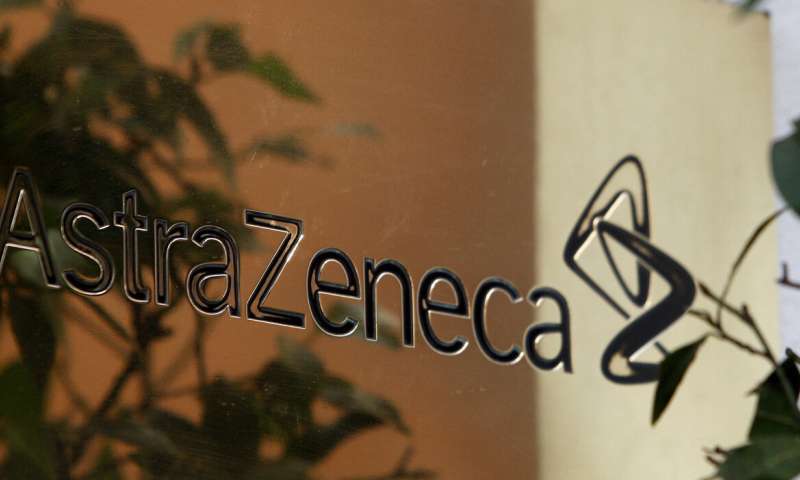The FG has stated that it will buy Oxford/AstraZeneca Covid-19 vaccine for Nigerians, given the availability of facilities needed for its storage.
This is according to the Executive Director/Chief Executive Officer of the National Primary Health Care Development Agency (NPHCDA), Dr. Faisal Shuaib, as reported by The Nation.
Speaking during a television interview, Dr Shuaib asserted: “The AstraZeneca type Oxford vaccines are the ones that we want to invest in because we already have the infrastructure across the country to be able to store the vaccines.”
READ: Combined Vaccine Manufacturing capacity to hit 6.8 billion doses in 2021
He noted the Oxford/AstraZeneca vaccine can be stored in a facility with temperature +2 to +8 degree Celsius for a long period without it losing potency.
The decision may mean that Pfizer/BioNTech’s vaccine will not be considered since it appears the country lacks the capacity to keep the drug at the required temperature level for a long time.
READ: COVID-19: WHO advises vaccine firms and wealthy nations to stop bilateral deals
The NPHCDA added that the National Agency for Food and Drug Administration and Control (NAFDAC) would assess and certify the vaccine to ensure that it is safe.
Noting that: “For us, this is the paramount consideration and no vaccine will be administered to Nigerians until and unless NAFDAC goes through the process of making sure that all of the documentation is right and it is contextualised within the Nigerian environment.”
READ: Covid-19: EU says it will force vaccine companies to respect supply contract
What they are saying
Dr Shuaib noted that:
“In Nigeria, as I speak, almost every single political ward has one freezer that can keep these vaccines at the right temperature.
“Only about 700 political wards do not have this type of equipment, and we are hopeful that if we keep installing them at the pace that we want to, hopefully by the end of this year, we will be able to finish installing, so that in every single political ward, we have the right equipment to be able to store our routine immunisation vaccines, including the COVID-19 vaccines at + 2 to +8 degree Celsius.
READ: Pfizer/BioNTech Covid-19 vaccine appears effective against key mutation – Study reveals
“At this point, we have information from the COVAX facility that Nigeria will be getting up to 100,000 doses of the Pfizer vaccines in February. But ahead of those shipments, we have already made sure that the ultra-chain equipment that is required to keep these vaccines in temperatures of -70 degrees Celsius are available in-country.
“We are also working with the sub-national levels to make sure that when these vaccines are transported to the states and council areas, we will be able to make sure that the transportation takes place in a way that ensures that the vaccines remain and retain their potency.”
READ: Covid-19: FG publishes list of suspended passports for refusing post-arrival Covid-19 test
What you should know
- Nairametrics reported on 2oth January that the FG favours and will acquire vaccines that need less cooling. The report had it that the FG is in talks with Russia and India to procure vaccines that are less dependent on cooling facilities.
- Oxford’s AstraZeneca vaccine is made from a weakened version of a common cold virus (known as an adenovirus) from chimpanzees. It has been modified to look more like coronavirus – although it cannot cause illness.
- When the vaccine is injected into a patient, it prompts the immune system to start making antibodies and primes it to attack any coronavirus infection.
- Unlike Pfizer’s vaccine – which has to be kept at an extremely cold temperature (-70 degree Celsius), the Oxford vaccine can be stored in a normal fridge – making it easier to distribute.
- The vaccine was approved for use by UK’s medicines regulator – the MHRA on December 30, last year. The MHRA approved the use of two full doses, which was found to be 62 per cent effective.
According to Nairametrics Covid-19 tracker, as of Saturday 24th January 2021
- The total number of cases stood at 121,566.
- The total number of death stood at 1,497.
- The total number of tests conducted stood at 1,258,534.











